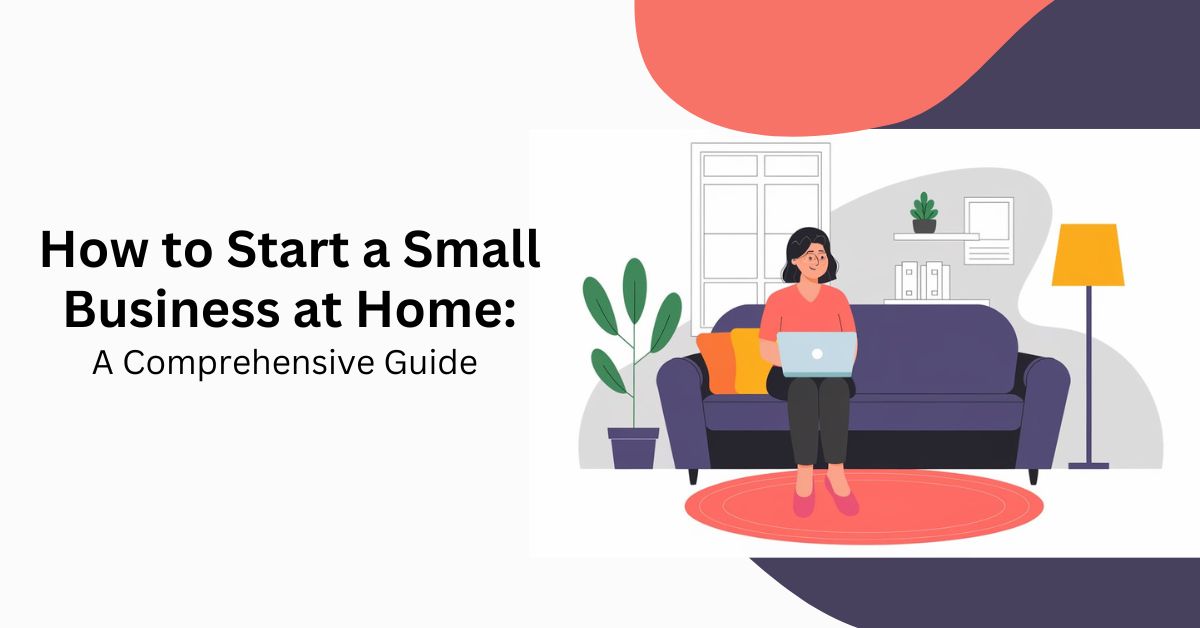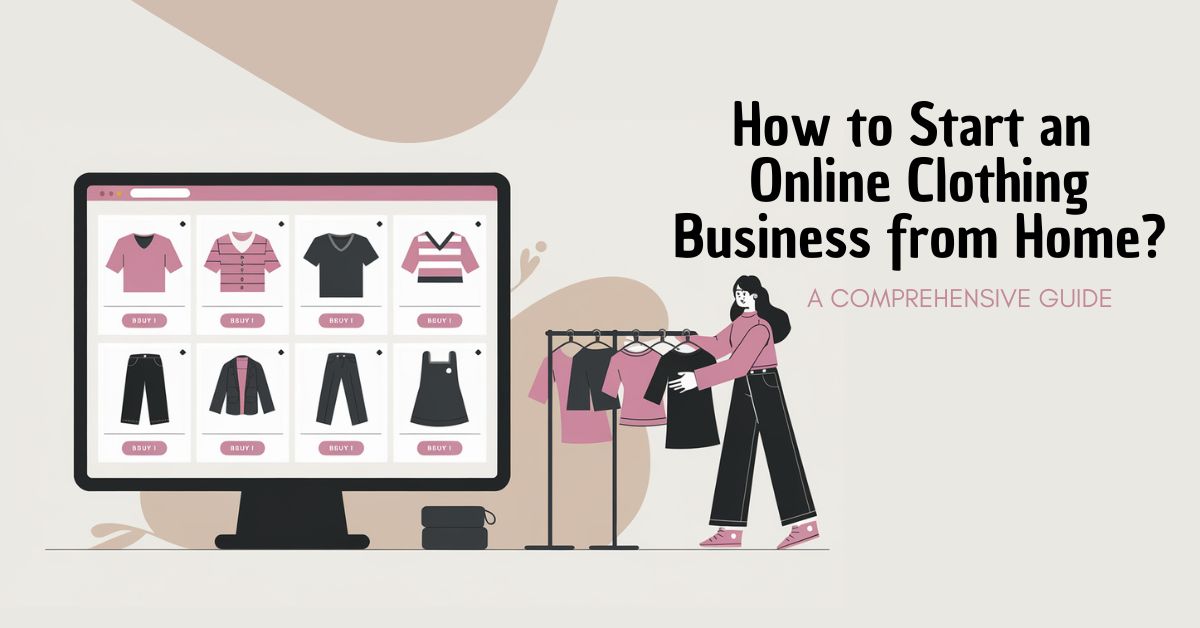How to Start a Small Business at Home: A Comprehensive Guide
In recent years, the allure of starting a small business at home has captured the imaginations of aspiring entrepreneurs worldwide. With the rise of digital economies and flexible work arrangements, the dream of transforming a home-based idea into a thriving business reality is more feasible than ever before. The ability to manage your schedule, avoid commuting, and have a balanced work-life dynamic makes the concept irresistibly appealing. This guide aims to explore the steps and strategies for those looking to start a small business at home. Whether you’re motivated by the need for autonomy or the potential to increase your income, starting a home-based business offers a unique blend of personal and professional growth opportunities.
Understanding the Basics of Home-Based Businesses
The concept of a home-based business is simple: it’s any venture you run from your residence. This can range from creative services like graphic design and writing to digital retail operations or offering personal training via virtual sessions. Home businesses eliminate the need for costly leases and commutes, allowing you to focus on growing your brand and reaching customers. The types of businesses you can start at home are diverse:
- Online stores
- Freelance services (writing, designing, consulting)
- Home-based franchises
- Virtual teaching and tutorials
Understanding the basics involves recognizing the potential and limitations, such as work-life balance and zoning restrictions in your area. Familiarizing yourself with these concepts lays a critical foundation for successful operations from home.
Identifying Your Home Business Idea
The journey to start a small business at home begins with the right idea, one that aligns with your interests and expertise, as well as market demand. Consider these criteria when choosing a business idea:
- Market Demand: Investigate the market to find unmet needs or gaps that your products or services could fulfill.
- Your Skills and Interests: Leverage what you’re passionate about and skilled at—it makes running the business more satisfying and sustainable.
- Initial Investment: Factor in the costs of starting your business, including technology, marketing, and logistics. Some businesses require minimal investment, especially those centered around services and digital goods.
These considerations will help to ensure a well-rounded decision that can stand competitive pressures and personal challenges. The right idea will set the stage for developing a strong business strategy.
Creating a Business Plan
An essential component when you start a small business at home is crafting a detailed business plan. This plan will guide your operations, decisions, and growth. Here’s how you can create one:
- Conduct Market Research: Deeply understand your industry’s landscape, your competition, and your potential customer base.
- Define Your Target Audience: Identify who will buy your product and tailor your offerings and marketing to meet their needs.
- Set Goals: Establish short-term and long-term goals for your business. This may include revenue targets, expansion plans, and other metrics of success.
- Outline Business Structure: Decide on the legal structure for your business, such as a sole proprietorship, partnership, or LLC.
A clear business plan not only helps map out the future of your venture but also makes it easier to secure funding if needed. It reflects your preparedness and knowledge of your market.
Meeting Legal Requirements and Setting Up
Before you operate from home, it’s crucial to ensure that your business complies with all legal requirements. Here’s how to set your business up legally:
- Registration: Every business requires a registered name. Research and register yours with the appropriate governmental body.
- Permits and Licenses: Depending on your industry and location, you might need specific permits to operate legally. Check local and national regulations.
- Tax Considerations: Register for an Employer Identification Number (EIN) and understand your tax obligations.
Furthermore, setting up a professional and efficient workspace at home is essential. Invest in the right tools and technology, ensuring it’s a space conducive to productivity and free from distractions.
Developing a Marketing Strategy for Your Home Business
No matter how innovative your business, a well-crafted marketing strategy is vital for success. A strong strategy should encompass both online and offline efforts:
- Online Presence: Create a professional website, engage on social media, and consider platforms like Google My Business.
- Branding: Develop a distinct brand that resonates with your target audience. Your brand voice, logo, and messaging should be consistent across all channels.
- Content Marketing: Use blogs, videos, and infographics to attract and retain customers.
- Networking and Partnerships: Build alliances with other businesses to leverage shared markets and boost credibility.
A strong marketing strategy isn’t just about reaching more people; it’s about reaching the right people with the right message. Consistent and strategic marketing efforts can significantly impact your business success.
Financial Planning and Management
Effective financial planning is integral to sustaining a home-based business. Consider these aspects for a healthy financial setup:
- Create a Budget: Outline your costs, revenue streams, and financial goals. A realist budget keeps your expenditures in check and guides your financial decisions.
- Funding Options: Explore different funding avenues like personal savings, business loans, or crowdfunding platforms.
- Financial Tracking: Use accounting software to monitor your income, expenses, and financial projections.
Good financial management ensures you can make informed decisions and invest in growth opportunities. It’s about controlling costs while maximizing profits to ensure long-term sustainability.
Tools and Resources to Boost Your Home Business Success
To increase your chances of success when you start a small business at home, investing in the right tools and resources is essential:
- Business Software: Tools like Microsoft Office Suite, G Suite, and project management software such as Asana or Trello are invaluable.
- Communication Platforms: Applications like Zoom and Slack help facilitate effective communication, especially with remote teams or clients.
- Marketing Tools: Software such as Hootsuite for social media management and MailChimp for email marketing can streamline your promotional efforts.
- Educational Resources: Platforms like Coursera or LinkedIn Learning can improve skill sets relevant to your business.
These tools optimize productivity and facilitate growth, making daily operations smoother and more efficient.
Conclusion
To start a small business at home is to embark on a journey of innovation, discipline, and fulfillment. This path can bring personal growth and financial independence. From understanding the basics and legal requirements to marketing and financial management, each step plays a crucial role in shaping your business’s future. As you set forth, remember that every successful entrepreneur started right where you are right now—with an idea and a burning desire to make it happen. Embrace the challenges, celebrate the milestones, and let your business reflect your passion and expertise. The home-based business landscape offers unmatched opportunities; are you ready to seize them?
What business ideas do you have? Share your thoughts in the comments below!







